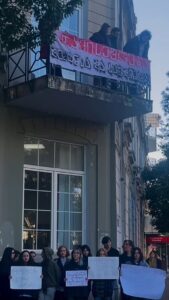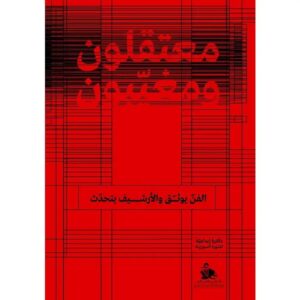 Amid the current events in Georgia, an unprecedented incident occurred in Adjara, shaking the entire educational community. The regime arrested Professor Mamuka Jorbenadze, the dean of one of the faculties at Batumi Art State University, along with four students from various art disciplines at the university.
Amid the current events in Georgia, an unprecedented incident occurred in Adjara, shaking the entire educational community. The regime arrested Professor Mamuka Jorbenadze, the dean of one of the faculties at Batumi Art State University, along with four students from various art disciplines at the university.
Jorbenadze is a vital intellectual figure at the Art University. Thanks to his direct involvement, the university successfully underwent accreditation and authorization processes. He is also the founder of the International Student Film Festival and actively supports students in developing and implementing international creative projects.
According to those involved, the arrest was triggered by a university teacher together with her husband and several acquaintances who physically attacked Jorbenadze and the four students (Guram Mikeladze, Davit Gvianidze, Anri Kakabadze and Giorgi Tavitadse) for their participation in public protest rallies in Batumi. Law enforcement arrested the dean and students under charges of group assault, despite their defensive position.
Two actors, arrested in Tbilissi (see former post), are still in prison.
Theatres from Germany, Austria, and Switzerland made a joint project: actors from various cities and theaters have interpreted a choral text from Nino Haratischwili’s current play “Sacred Monsters” about systemic violence. This text was spoken in unison in numerous cities – from Hamburg to Frankfurt, to Vienna and Zurich – and subsequently assembled by the video artist and filmmaker Zaza Rusadze into a complete video. The video was sent to Georgian and oppositional broadcasters to document solidarity with the protesters in Georgia.
